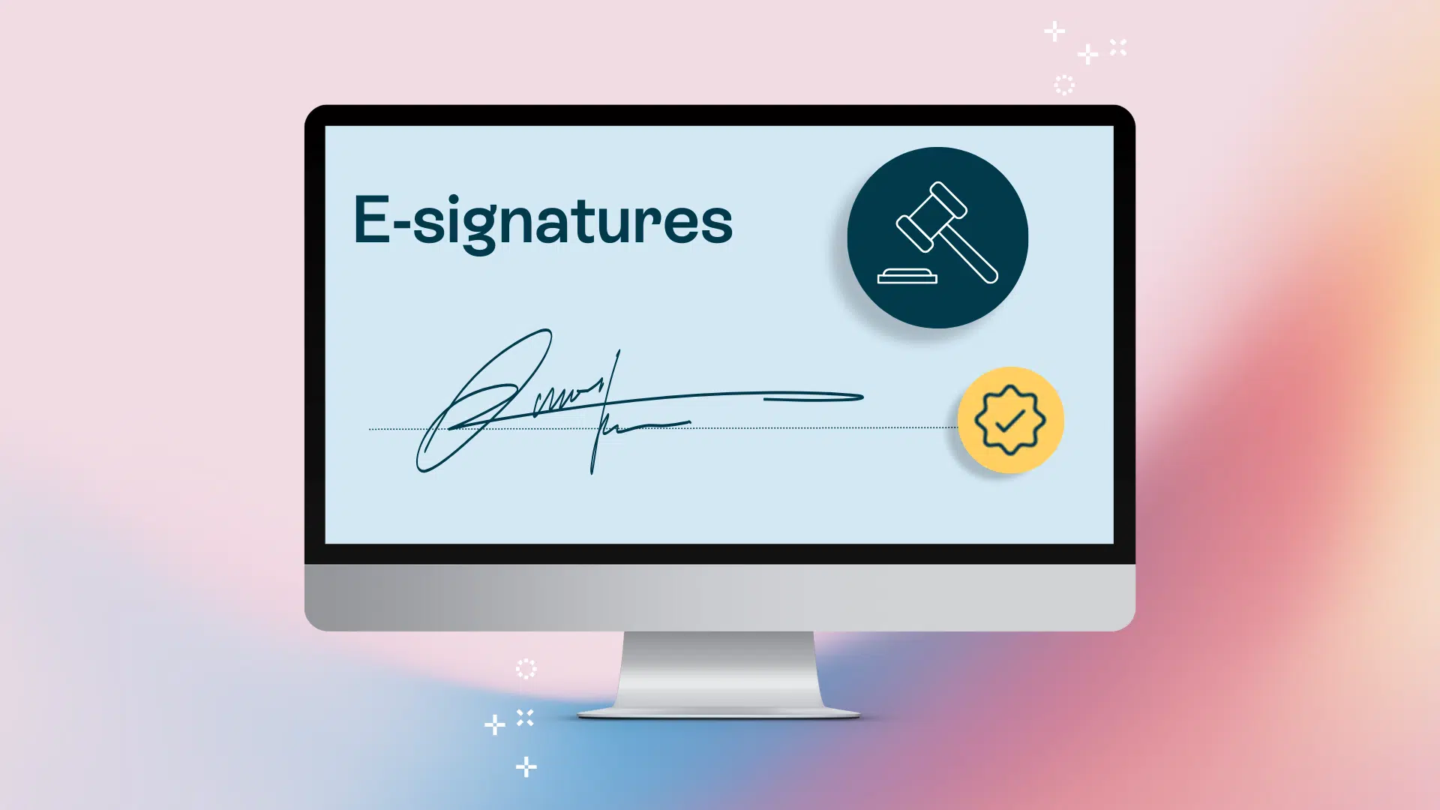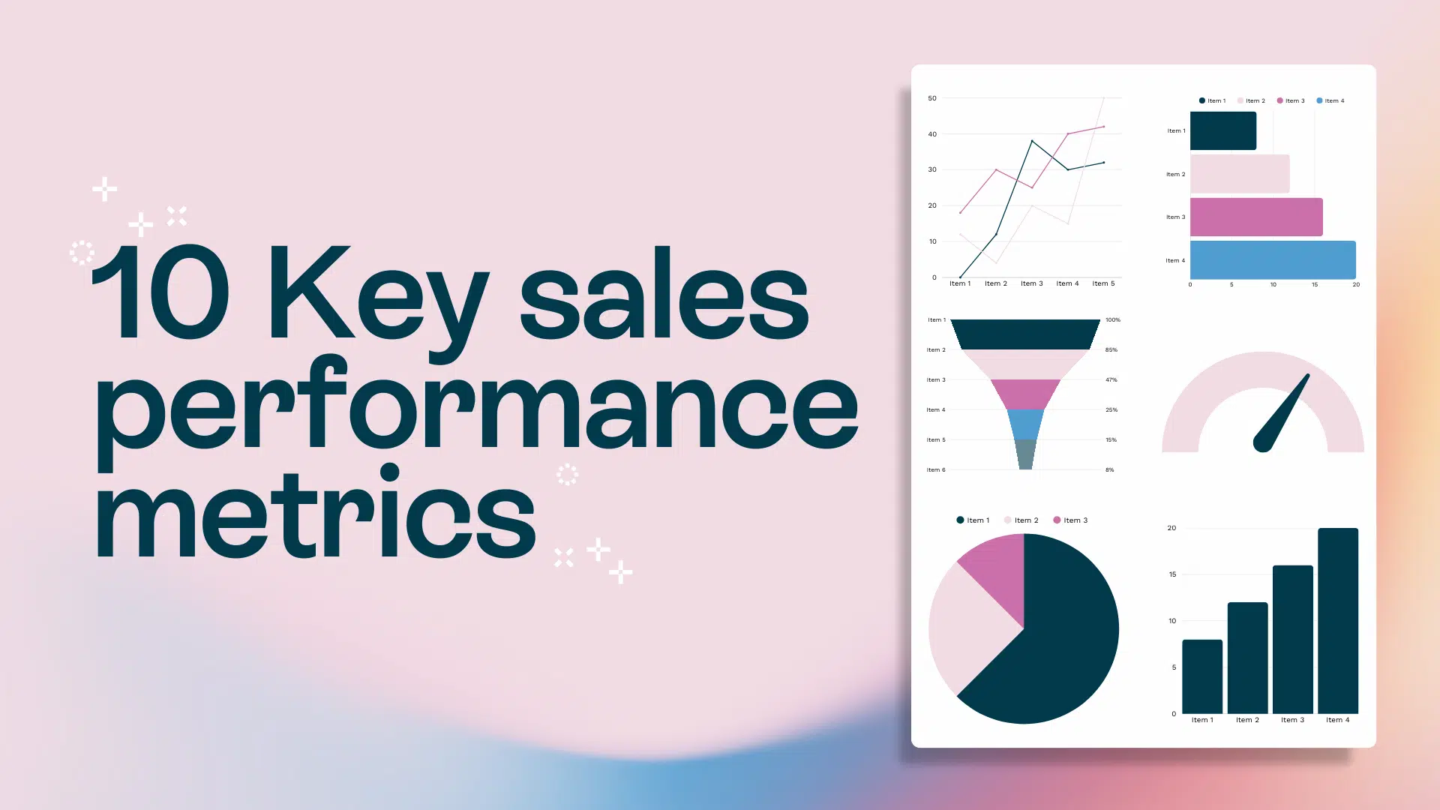Selecting the right contract automation platform can be a game-changer for your organisation—boosting efficiency, improving compliance, and laying the groundwork for scalable growth. But with a crowded marketplace, how do you make the right choice?
This guide outlines the essential factors UK businesses should consider when choosing a contract automation solution, so you can make a strategic, data-led decision with confidence.

1. Define Your Business Requirements
Before diving into demos or feature comparisons, clarify exactly what you need from a contract automation platform:
- Are you looking to automate contract creation, approvals, and renewals?
- Do you lack visibility into contract status or deadlines?
- Do you need the platform to integrate with your CRM, ERP, HR, or procurement systems?
💡 Tip: Use the Oneflow Business Case Playbook to identify and map your contract pain points before evaluating solutions.
2. Must-Have Features for UK Organisations
When comparing platforms, look for features that align with your business model, team structure, and compliance obligations:
🔹 Automation & Workflow Management
- Can you automate approval workflows and assign signing roles in sequence?
- Are automated reminders and deadline tracking built in?
🔹 Compliance & Security
- Does the system offer GDPR compliance, full audit trails, and ISO 27001 certification?
- Can you restrict access to sensitive contracts with role-based permissions?
🔹 Integration Capabilities
- Can it integrate natively with platforms like Salesforce, HubSpot, Microsoft Dynamics, Workday, or SAP?
- Does it come with a built-in e-signature service or require a separate tool?
🔗 Read also: Top integrations for contract management
🔹 User Experience & Team Adoption
- Is the interface intuitive for cross-functional teams like legal, procurement, sales, or HR?
- Does it support non-technical users and offer a smooth onboarding process?
🔹 Reporting & Analytics
- Can you track contract cycle times, renewal dates, or contract performance?
- Are real-time insights available to monitor bottlenecks or engagement?
3. Value analysis: Cost vs. ROI
3. Analysing Value: Cost vs ROI
💰 Investing in contract automation should result in tangible returns—both in cost savings and risk reduction.
Here’s what to consider:
✅ Time saved – How many hours per contract cycle will be saved across teams?
✅ Risk mitigation – Can the platform reduce missed renewals, compliance failures, or unauthorised contract changes?
✅ Cost efficiency – Will it reduce spend on administrative tasks, printing, or multiple software licences?
📊 Use the Oneflow Value Analysis Framework to estimate ROI and justify your investment to key stakeholders.
4. Vendor evaluation & support
4. Vendor Credibility & Support
Before choosing a provider, assess the trustworthiness and long-term viability of the vendor:
✔️ Customer testimonials & case studies – Are other UK businesses in your sector using it successfully?
✔️ Support & onboarding – Is there a UK-based support team or dedicated account manager?
✔️ Scalability – Can the system scale as your contract volumes and compliance needs grow?
💡 Check the Oneflow Implementation Timeline to get a realistic view of rollout and avoid hidden costs.

5. Implementation Planning
Successful contract automation isn’t just about features—it’s about execution. Make sure you’ve considered:
- Free trial or pilot phase – Can you test it before committing?
- Training and adoption – Will your team require days, weeks, or months to feel confident using it?
- Integration resources – Will you need IT involvement, or can integrations be managed internally?
📅 Use the Oneflow Implementation Timeline to structure your rollout in phases, with clear milestones.
Conclusion
Choosing a contract automation platform is a strategic decision that affects your legal risk, operational efficiency, and scalability. By clearly defining your needs, evaluating functionality, and projecting your return on investment, you’ll be in a strong position to select a solution that fits your organisation now—and as it grows.
🚀 Need help building your business case? The Oneflow Business Case Playbook provides a ready-to-use framework for structuring your evaluation, analysing value, and planning implementation.
📥 Use our playbook as your template and start building your business case!








